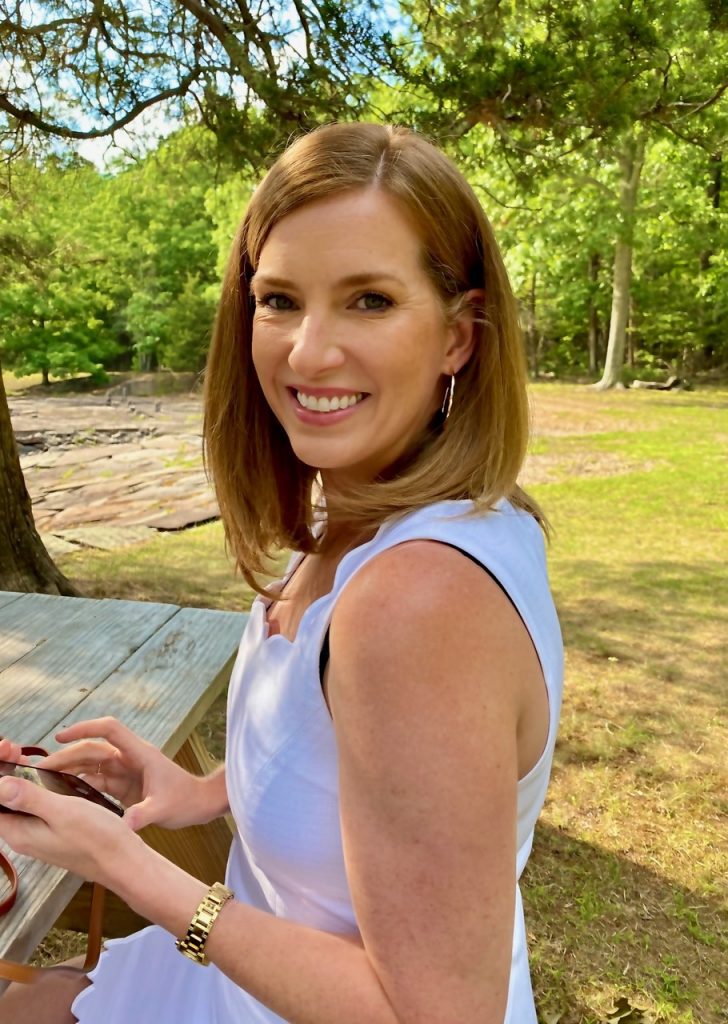In 1989, I was 10 years old and playing in the backyard of my home in Austin, Texas, when my father called me to come inside. He pointed to the couch in front of the TV. “Sit and watch,” he commanded. “This is history.” On the screen, I saw hundreds of people smiling, laughing and cheering as they poured through a newly opened checkpoint at the Berlin Wall. Some figures climbed atop the wall, waving bottles of beer and whooping exuberantly. The camera panned over other, quieter faces, and I wondered if those people were reflecting on the new circumstances of their own lives, or if they were trying to absorb the enormity of my father’s statement — this was history.
Certainly, what I was watching on that broadcast was a titanic shift in the geopolitical order unfolding with startling rapidity, one with a complex backstory and still unsettled ramifications. But through the flicker of the television screen, I was also witnessing a human moment of epochal significance, as well as countless smaller moments unfolding between individuals — families reuniting, friends celebrating, young people heralding a future that suddenly looked more hopeful, old people whose lives had just unexpectedly become more free. The historical implications of the fall of the Berlin Wall have clearly stayed with me — I am now an architectural historian who specializes in German architecture built after the country’s official reunification in 1990. But in addition to its political meanings, the euphoric feeling of human connection that characterized that moment has remained with me as well. This memory is more poignant than ever right now, in a time in which the COVID-19 pandemic has made this kind of connection so difficult. Our history is written on human faces, just as it was three decades ago.
In case your interest in my tale is waning, let me pause and pivot to the takeaway here: at this moment, it is you who stands to be the face of history. American voters, no matter their party affiliation, are currently facing a choice with decisive consequences for the entire world. This is history — and you are its motor. Bear in mind that you are taking a stand on the direction of history, whether you vote or not. If you vote, you actively choose this direction. If you do not, you let others choose for you. To be clear, I am not writing to tell you for whom you should vote. That’s not my job, and I think I speak for many of your professors at Binghamton University when I express confidence that your intelligence and integrity mean that you can decide for yourself. I am writing to state that I sincerely hope you will exercise your right to vote. Just as your professors often tell you in class, participation counts — and the stakes right now are sky-high.
In addition to voting in person on Nov. 3, in New York state you can also vote early between Oct. 24 and Nov. 1 or request an absentee ballot until Oct. 27. Some of you are newly eligible to vote and chomping at the bit, which is profoundly inspiring to witness. But I also know there are many reasons that others of you might not vote. Even though turnout among U.S. college students more than doubled between the 2014 and 2018 midterm elections, surging from 19 percent to nearly 40 percent of eligible voters, that still leaves 60 percent of students who did not cast a ballot. There are good reasons this might have been the case, such as voter suppression, voter intimidation and the sometimes-Byzantine rules governing who can vote and how it is carried out. The Center for Civic Engagement (CCE) on campus is here to help you with any questions you might have on these fronts, especially in a year when the process is particularly confusing.
But let’s be honest — there are some not-great reasons as well. In 2018, perhaps you were distracted by classes, perhaps you were whipsawed with stress or maybe you just forgot to register in time. Therefore, here in 2020, I want to leave you with this thought: remember that you are not just voting for the president of the United States. You are also voting for the future of health care and the handling of the ongoing public health crisis, the direction of climate policy, the rights of women and LGBTQ people, the administration of our national borders, the religious and racial character of our country, the status of science and the freedom of the press. This is your future — and in this case, participation counts for 100 percent of your grade.
Julia Walker is an associate professor in the art history department.



